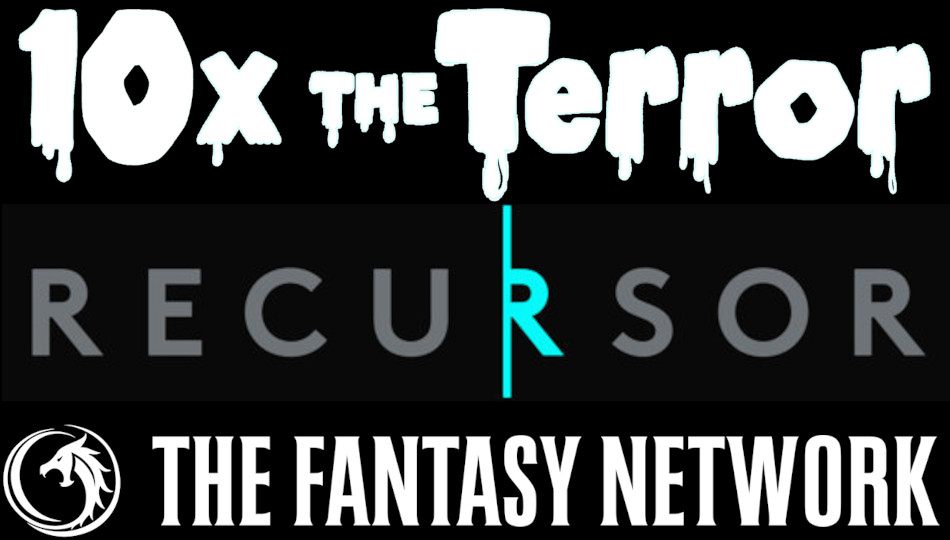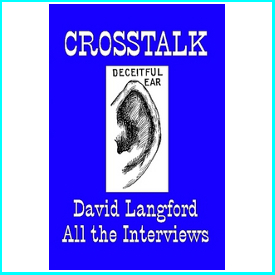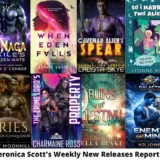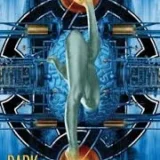Richard Matheson passed away Sunday June 23 at age 87. He is  probably the last of the giants who once walked the land. Rod Serling was one, Paddy Chayefsky was one, Stirling Silliphant was one. And Richard Matheson was most definitely one. Giants not only terms of their ability as writers to conjure the most fascinating tales– stories that kept you riveted to the page or the screen– but also in terms of their ability to write, write some more, and keep on writing.
probably the last of the giants who once walked the land. Rod Serling was one, Paddy Chayefsky was one, Stirling Silliphant was one. And Richard Matheson was most definitely one. Giants not only terms of their ability as writers to conjure the most fascinating tales– stories that kept you riveted to the page or the screen– but also in terms of their ability to write, write some more, and keep on writing.
Matheson like those also mentioned, consistently turned out stories and screenplays that went beyond the limitations of genre writing, and became part of popular culture. Who doesn’t know about The Shrinking Man (or the film The Incredible Shrinking Man), of the Twilight Zone episode “Nightmare at 20,000 Feet,” the episode where William Shatner plays and airliner passenger who keeps freaking out when he sees an ape out on the wing of the aircraft? Who hasn’t seen The Omega Man, or I am Legend, based on his novel of the same title?
The Shrinking Man is an amazing story. We all think of the vastness of space, going out to infinity. But Matheson took that concept in the opposite direction–the vast infinity of the infinitesimal.
Matheson’s stories usually had their origin in the simplest of ideas. Of I Am Legend he said he saw Dracula when he was a kid and thought it was scary, and then wondered how scary would it be if the whole world was populated with vampires.
Perhaps the one single story he ever wrote that had the most impact, at least here in the U.S., was part of a made for TV film called Trilogy of Terror. The film featured three of his short horror tales all starring Karen Black. Matheson wrote the teleplay for the third segment “Amelia,” which told the story of a woman alone in an apartment terrorized and driven insane by a Zuni fetish doll that comes to life complete with a long knife and sharp teeth.
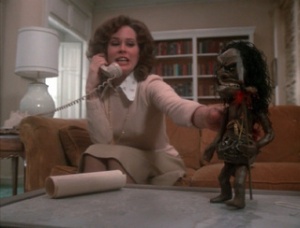 Not knowing what was coming I let my six year old daughter, Lisa, watch it one night when it was rerun several years after its 1975 broadcast. From comments I’ve read over on IMDb apparently she was not the only child of that era completely and forever traumatized by the experience. So I thank you for that , Richard. Guess I’m some kind of lousy parent. Later I let my six year-old son John Michael watch Shogun Assassin which he claims scarred him for life, but in a good way.
Not knowing what was coming I let my six year old daughter, Lisa, watch it one night when it was rerun several years after its 1975 broadcast. From comments I’ve read over on IMDb apparently she was not the only child of that era completely and forever traumatized by the experience. So I thank you for that , Richard. Guess I’m some kind of lousy parent. Later I let my six year-old son John Michael watch Shogun Assassin which he claims scarred him for life, but in a good way.
There isn’t space enough to mention all the great stories Matheson wrote. There are dozens of novels and scores of short stories not to mention TV scripts that span all genres, including westerns (Have Gun Will Travel, The Lawman, Cheyenne), war (Combat), science fiction (The Martian Chronicles miniseries), and many more.
As a writer for film and TV, Matheson shared a trait that seemed to be common to all the giants of the past. Matheson, Silliphant, Serling, and Paddy Chayevsky, all wrote with a humanistic point of view. As far out as the story idea might be, the focus was always the impact story events had on the lives of human beings. I suppose all writers do that, although today it seems that deeper levels of story take second place to what’s happening on the surface. Special effects, baby.
Adios, Richard Matheson. I guess now you know what dreams may come. I hope they’re pleasant ones.
John M. Whalen is the author of Vampire Siege at Rio Muerto, a horror western novel published by Flying W Press. His science fiction, sword and sorcery and horror short stories have appeared in numerous publications and anthologies.

